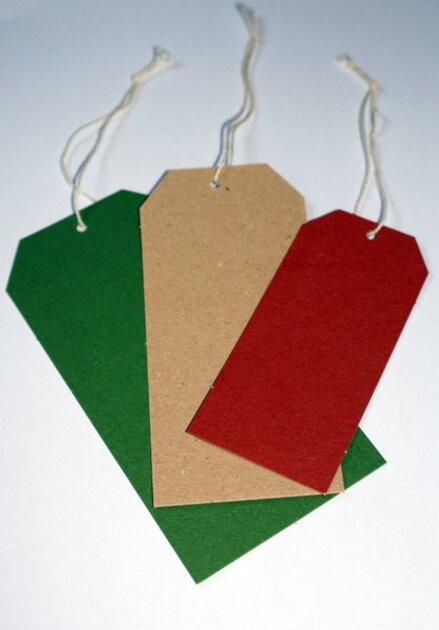
Our Gemara in Amud Beis uses a derash to derive that mixed species in the vineyard are forbidden to benefit from.
æø¥ø¯æøÇæø¯æøçæ æøñæø¥øÑæ´øÑæ æø¯æ ø¡æøñæ? æø¡æøñæ´ æøÇæø¯æÏøÇæø¥ø¡æ: æø¡æøñæ´ æÏø¯æ´ø¡æ: æÇæÊø¥øÑæ æˆø¥øÇæÏø¯æø¥øñæˋææÇ – æÊø¥øÑæ æˆø¥æø¥æÏøñæ æøçæˋæ.
From where do we derive that one is prohibited from deriving benefit from diverse kinds in a vineyard? áÊizkiyya said: The verse states: “You shall not sow your vineyard with diverse kinds; lest the growth of the seed that you have sown be forbidden [pen tikdash], together with the yield of the vineyard” (Deuteronomy 22:9). áÊizkiyya makes a play on words, “lest the growth of the seed that you have sown be forbidden [pen tikdash]” as: Lest it be burned [pen tukad esh], indicating that the seed of diverse kinds must be destroyed by fire, so that no benefit is derived from it.
The Chida (Chomas Anakh Devarim 22:9 and Rosh Dovid Ki Tetze 10) discusses a different kind of mixed species by metaphor. The Torah is like a vineyard, and by metaphor, this prohibition also reminds us that we too must be careful not to mix sin into our performance of mitzvos. He gives common examples such as giving Tzedaka while berating or degrading the person, or celebrating the joys of Shabbos while discussing profane matters at the Shabbos table.
As a counterpoint to what we discussed in yesterday’s Daf Kiddushin 35, here one must be sensitive to the spirit of the law and not merely the legality. Be careful not to undermine or contaminate a mitzvah with other sinful behavior. This also relates to what we discussed earlier in Psychology of the Daf Kiddushin 53, that one should avoid quarrels about the performance of a mitzvah, even if that means withdrawing from the effort. The ways in which a person’s arrogance and ego can interfere and undermine faithfulness are infinite, and we must always be on guard when we become too zealous about “the principle of the thing.”

 Previous
Previous
